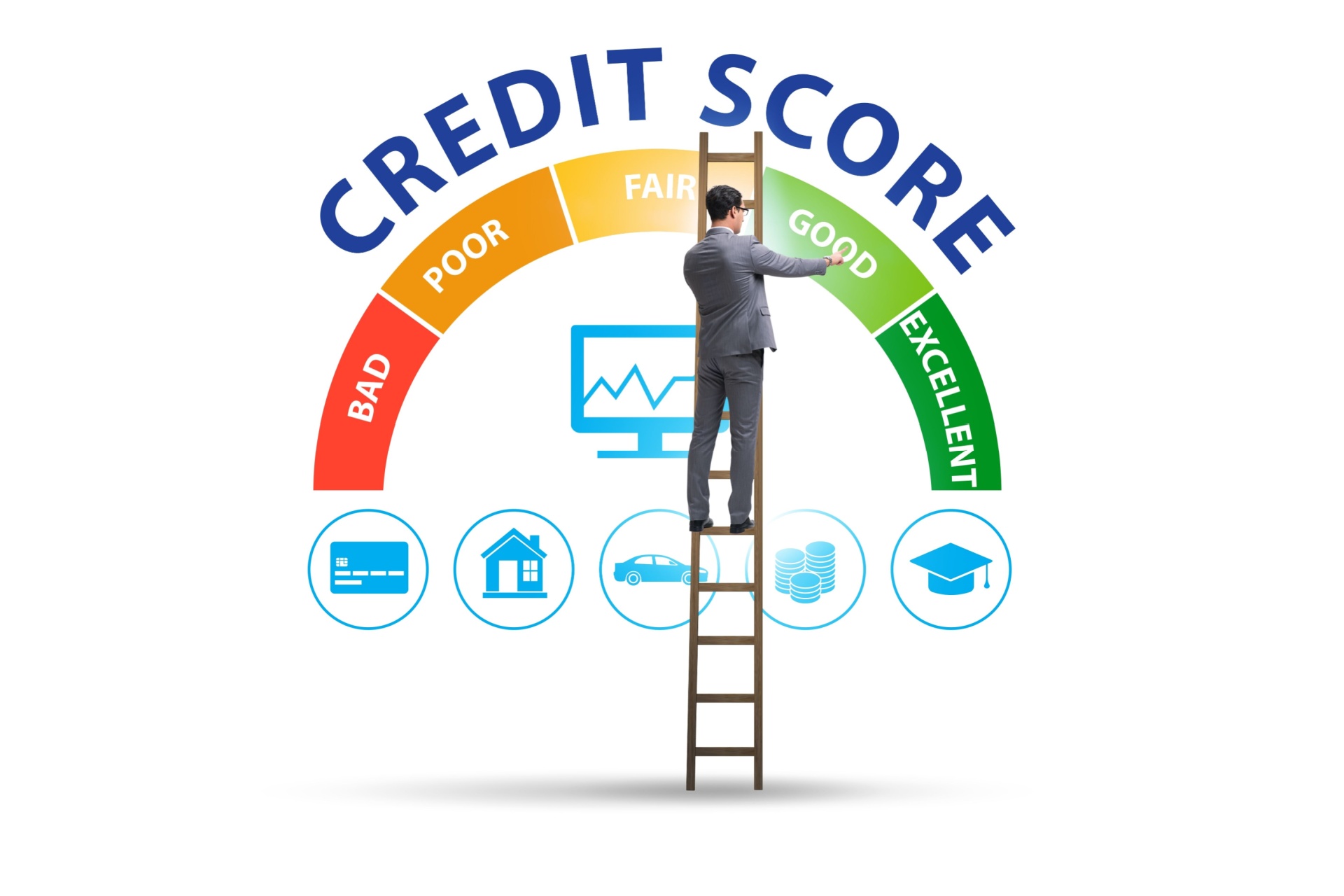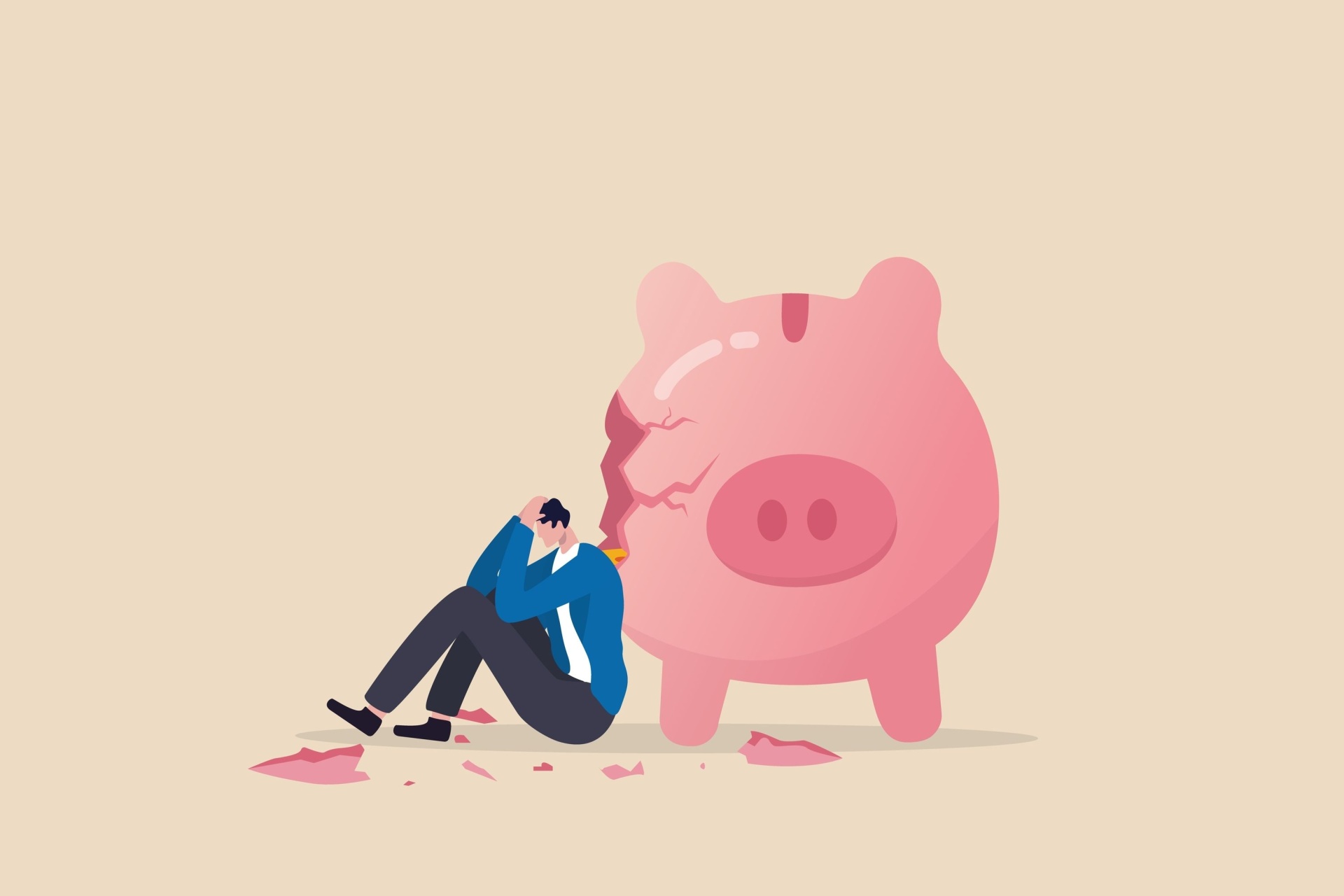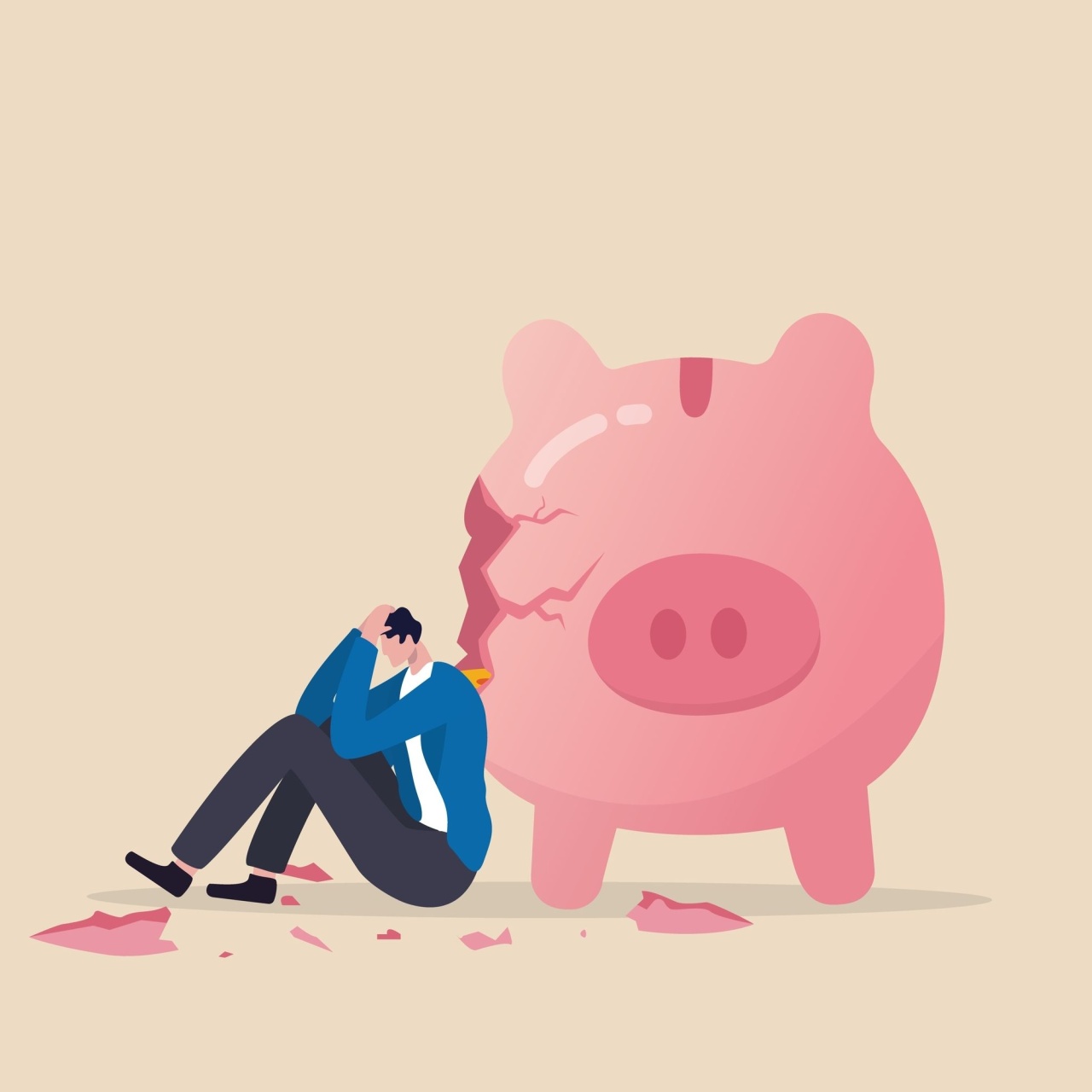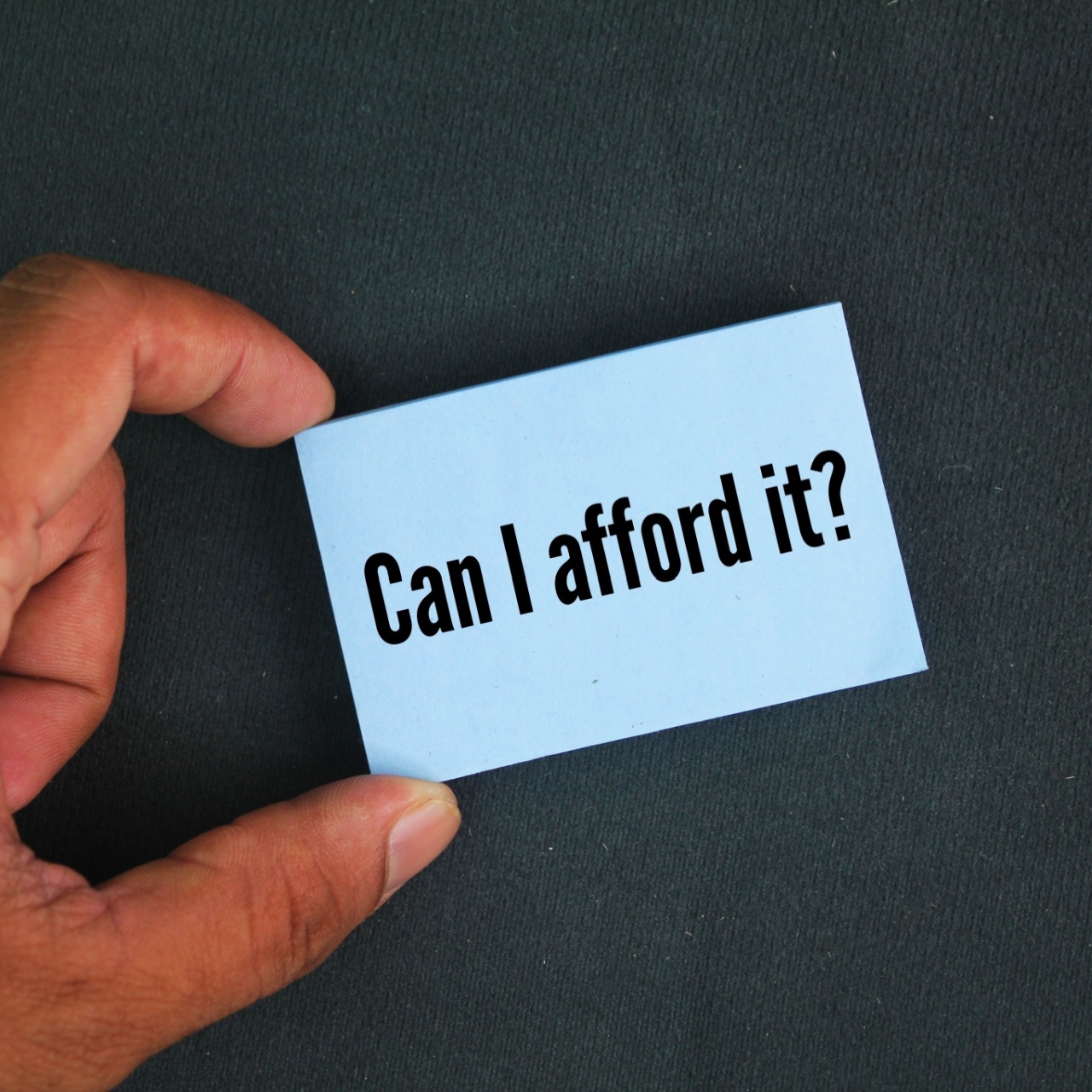Okay, let's break down this whole "credit score" thing. You've probably heard the term thrown around, maybe when trying to get a phone plan, rent an apartment, or even just scrolling through finance TikTok. It sounds kinda intimidating, like some secret adulting code. But trust me, it's not that complicated, and understanding it now can seriously save you hassle (and money!) later.
Level Up Your Finances: What's the Deal with Credit Scores?
Think of your credit score as your financial reputation summed up in a three-digit number. Lenders (like banks, credit card companies, landlords) use it to quickly gauge how risky it might be to lend you money or trust you to pay bills on time. It's basically a snapshot of how reliably you've handled debt in the past.
The Magic Number: What's the Range?
Most common credit scores, like FICO® Scores and VantageScore, range from 300 to 850.
- Below 600ish (Poor/Bad): Getting approved for stuff can be tough, and if you do, expect high interest rates.
- 600-670ish (Fair): You might get approved, but probably not for the best deals.
- 670-740ish (Good): Things start looking up! You'll likely qualify for more options with decent rates.
- 740-800ish (Very Good): You're in great shape. Expect approvals and competitive interest rates.
- 800+ (Excellent/Exceptional): You're basically a financial rockstar. Lenders love you, and you'll get the best rates and perks.
Why Should You Even Care? Like, Really?
Okay, real talk. Your credit score impacts way more than you might think:
- Getting Approved (or Denied): This is the big one. Want a credit card? A car loan? Need to finance that new laptop? Planning to rent your own place? Your credit score is often the first thing they check. A low score can mean a flat-out "no."
- Saving $$ on Interest: This is HUGE. Even if you get approved with a lower score, you'll likely pay a much higher interest rate. Over the life of a car loan or mortgage, that can mean paying thousands more than someone with a great score. Better score = lower payments = more money for stuff you actually want.
- Renting an Apartment: Landlords often check credit to see if you're likely to pay rent on time. A bad score can torpedo your application for that dream apartment.
- Phone Plans & Utilities: Yep, even cell phone carriers and utility companies might peek at your credit history before setting you up without requiring a hefty deposit.
- Insurance Rates: In some places, insurers use credit-based information to help set premiums for car and home insurance.
- Potential Employers: Some employers, especially in finance or positions involving handling money, may check a version of your credit report (with your permission) as part of a background check.
The Secret Sauce: How Are Scores Calculated? (The Simplified Version)
No one knows the exact formula (it's proprietary!), but we know the main ingredients:
- Payment History ( sekitar 35%): This is the KING. Do you pay your bills on time? Every time? Late payments, even by a few days, can hurt. Defaults or collections are major dings. Rule #1: Pay. Your. Bills. On. Time.
- Amounts Owed / Credit Utilization ( sekitar 30%): This looks at how much debt you have compared to your total available credit (your credit limit). Maxing out your credit cards is a red flag. Experts generally recommend keeping your utilization below 30% (e.g., if you have a $1000 limit, try to keep your balance below $300). Lower is usually better.
- Length of Credit History ( sekitar 15%): How long have you been using credit? Longer = generally better. This is why it's often advised not to close your oldest credit card account if it's not costing you anything.
- Credit Mix ( sekitar 10%): Lenders like to see that you can responsibly handle different types of credit (e.g., credit cards, installment loans like student or car loans). Don't stress about this one too much when starting out, though.
- New Credit ( sekitar 10%): How often are you applying for new credit? Applying for a bunch of cards or loans in a short period can temporarily lower your score. It suggests you might be desperate for cash or taking on too much debt too quickly.
Okay, I Get It. How Do I Build Good Credit (or Fix Bad Credit)?
Good news! You're not stuck with your score forever. You have the power to build and improve it.
- Get Some Credit: You need credit to build credit. If you're starting from scratch:
- Secured Credit Card: You put down a cash deposit that usually equals your credit limit. It's low-risk for the bank and helps you build history.
- Credit-Builder Loan: A small loan where the money you borrow is held in an account while you make payments. Once paid off, you get the money.
- Become an Authorized User: Ask a parent or trusted person with good credit to add you to their card. Their good history can potentially help yours (but their bad habits could hurt it too!). Make sure you understand the terms.
- Co-signer: Someone with good credit agrees to be responsible for your debt if you don't pay. This can help you get approved, but it's a big ask for the co-signer.
- Pay EVERYTHING On Time: Seriously, set up autopay, reminders, whatever it takes. This is the most crucial step.
- Keep Card Balances Low: Don't run up huge balances. Pay them down as much as possible, ideally paying the full statement balance each month to avoid interest charges and help your score.
- Don't Open Too Many Accounts at Once: Apply for credit strategically when you actually need it.
- Check Your Credit Report Regularly: You're entitled to a free copy of your credit report from each of the three main bureaus (Equifax, Experian, TransUnion) once a year via AnnualCreditReport.com. Check it for errors! Mistakes happen, and they could be dragging down your score unfairly. Dispute any errors you find.
- Be Patient: Building good credit takes time and consistency. Don't expect overnight miracles.
The Takeaway
Your credit score isn't just some random number; it's a key tool that unlocks financial opportunities. Understanding how it works and taking steps to build a positive history now sets you up for easier approvals, lower costs, and less financial stress down the road. So, check your report, pay your bills on time, use credit wisely, and watch your financial reputation grow! You got this.
.svg)












